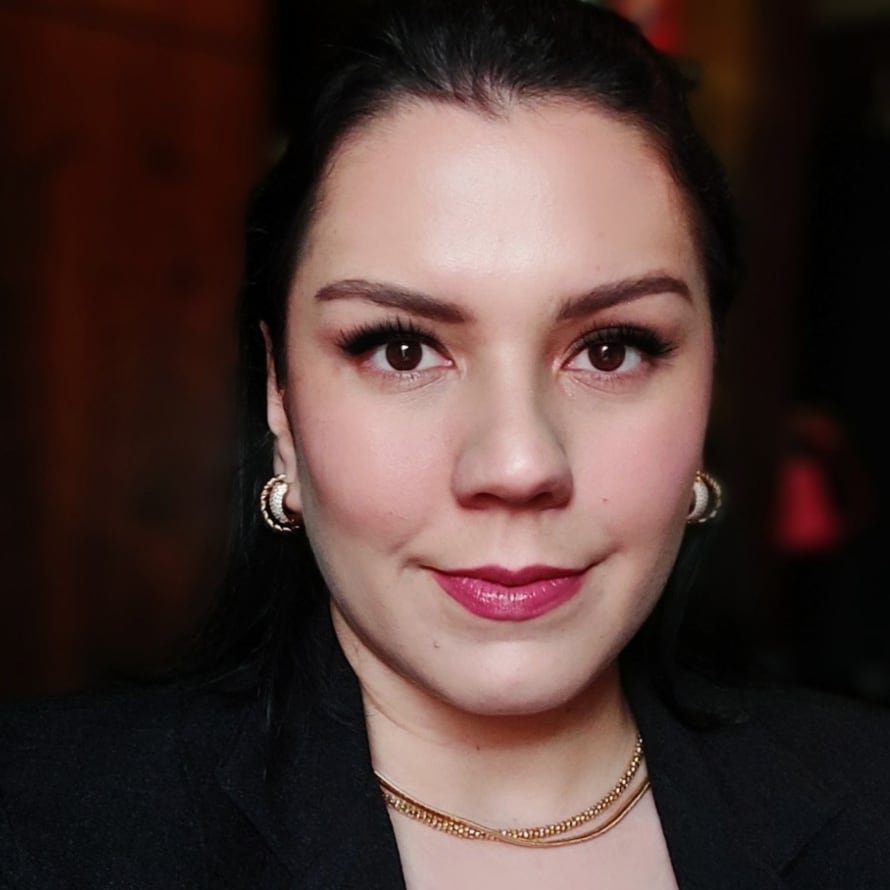"Now, this is not the end. It is not even the beginning of the end. But it is perhaps the end of the beginning."[1]
In recent years, the best environmental, social, and governance ESG practices have become an urgent priority, driven by stringent legal and regulatory frameworks, as well as the growing demand from global economies and stakeholders who increasingly call for responsible companies that assess their impact, set ambitious goals, and report their results transparently.
The Evolution of ESG Best Practices
To drive ESG-related actions, the United Nations (UN) launched the 2030 Agenda, in 2015, which comprises 17 Sustainable Development Goals (SDGs)aimed at addressing the world's greatest challenges, such as the eradication of poverty and hunger, quality education, climate change, and more.

As aptly stated by Ban Ki-moon, Secretary-General of the United Nations: "Businesses are vital partners in achieving the Sustainable Development Goals and can contribute through their core activities. We call on companies worldwide to assess their impact, set ambitious goals, and communicate their results transparently."
Similarly, companies that adopt a principled approach to achieving global goals reveal opportunities, maximize impact, create positive ripple effects, and minimize potential harm. Consequently, everyone benefits.
Certifications and Sustainability Seals
When the term "ESG" began to be widely promoted due to the financial market movement, some companies claimed on their websites and other communication channels that they had "Sustainability Seals" or "ESG Seals", even though ESG is a concept and not a seal in itself.
To this end, they relied on several certifications, such as ABNT NBR ISO 50001 – Energy Management System; ABNT NBR ISO 14001 – Environmental Management System; PROCEL – National Program for Electric Energy Conservation – a certification by the Federal Government in partnership with the Ministry of Mines and Energy (MME) that encourages energy efficiency; CARBON TRUST STANDARD REDUCING CO2 YEAR ON YEAR – certification that the company has actions to reduce CO2 emissions and control water consumption; ICO2 B3 – known as the Efficient Carbon Index; SISTEMA B BRASIL – demonstrating that companies seek profit while adhering to good sustainability practices, among others.
Whenever asked, I emphasized that such seals and certifications attested to best practices in a specific "niche" within the vast universe of the ESG concept.
Implementation and Criteria of the Brazil Green Seal
On June 18, 2024, Decree 12,063/24was published in the Federal Official Gazette, instituting the Brazil Green Seal Program to normalize and certify products and services of sustainable origin with lower socio-environmental impact, aiming to strengthen a green economy and expand international access. This program will be coordinated by the Ministry of Development, Industry, Commerce, and Services (MDIC).
This certification will be based on a broad and rigorous assessment grounded in technical standards and stringent environmental parameters. Initially, there will be an Initial Assessment analyzing production processes, environmental practices, natural resource consumption, waste management, and environmental impact. Following this, an On-Site Audit will be conducted to verify the company's practices' compliance with the Program's criteria. If the company meets all the Program's criteria and requirements, it will receive the Seal, which can be used on product packaging, marketing materials, and communication channels, showcasing its commitment to sustainability to stakeholders.
It is important to clarify that the Brazil Green Seal will be granted by certifiers accredited by Inmetro – the National Institute of Metrology, Quality, and Technology – and will be crafted to national and international standards, ensuring reciprocity, regulatory cooperation, and mutual recognition with other countries. It will also be compatible with instruments promoting energy transition, ecological transformation, and sustainable economy, such as the New Brazil Industry (NIB), the Ecological Transformation Plan, and others.
It should be noted that certified companies will be periodically monitored, demonstrating their continuous improvement efforts and genuine commitment to sustainability. Therefore, the seal is not permanent.
Challenges and Opportunities
There have been criticisms regarding the variability of certification criteria by auditors and regions, which could hinder standardization. Additionally, the initial, monitoring, and renewal costs are high for companies, especially small and medium-sized ones, making the Program less democratic and accessible.
There is also concern among some experts that some companies might use the seal as a greenwashing tool.
[1] Winston Churchill, 1942.






